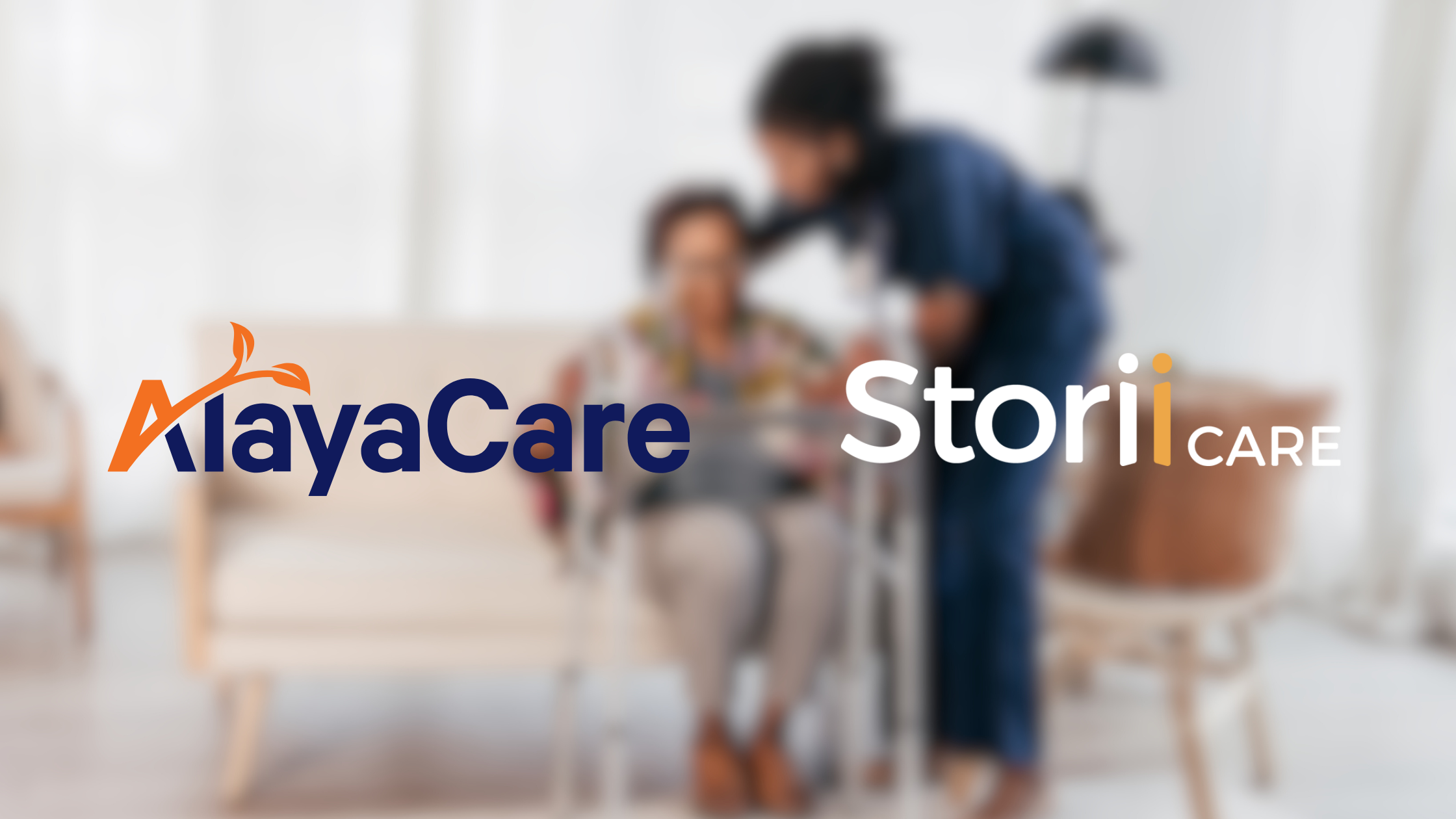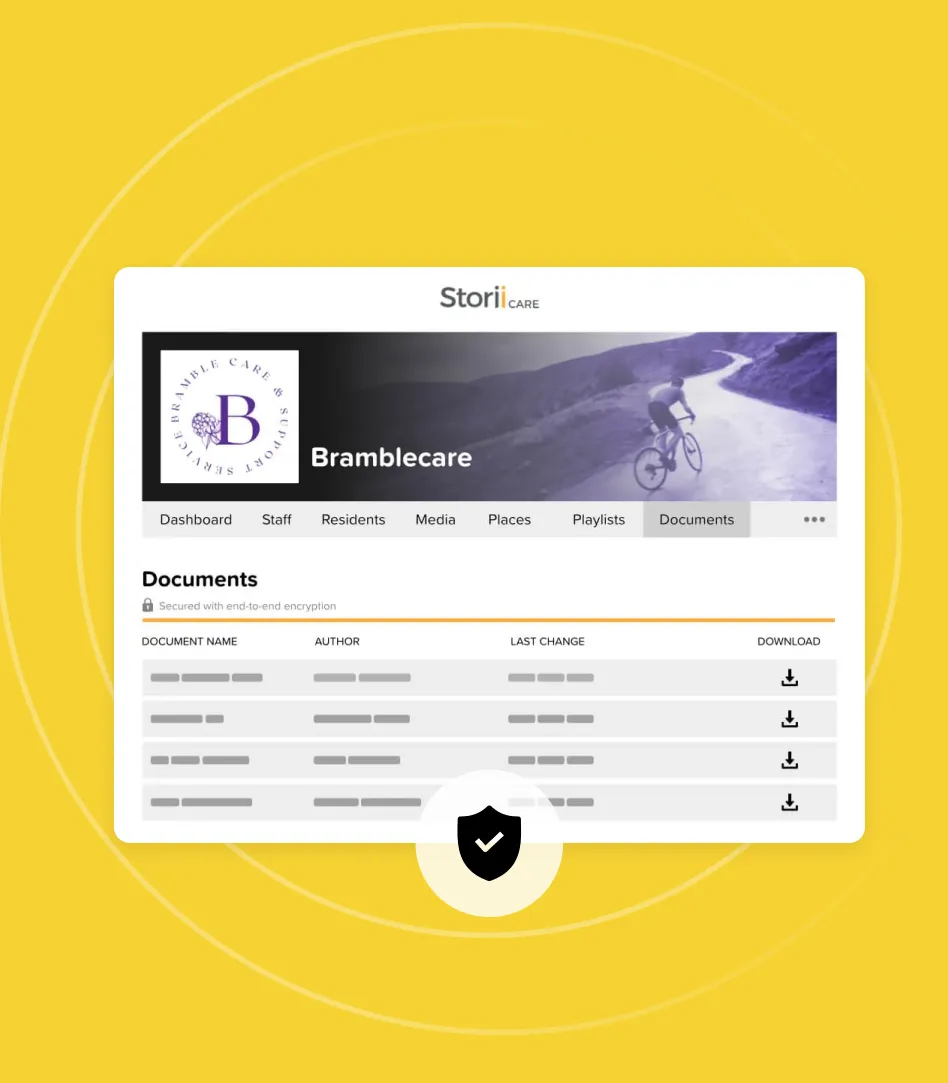A diagnosis of Dementia or Alzheimer’s for someone close to us can turn both their life and ours upside down. Suddenly our once competent and independent loved one is having difficulty recalling some of the most important aspects of their lives.
Nobody expects their loved ones to have dementia and the realities of the diagnosis may be tough to bare. We cherish our memories and the idea that our parent may no longer recognise us is difficult to understand or even accept. But even though our relationship with them will undoubtedly change, it doesn’t mean we can’t create new memories with them. We are still their child, spouse, or close friend, and we deserve the opportunity to preserve those relationships.
Finding new ways to spend time with our loved one may be difficult. “What should I say?” “What can I do?” or “What if they don’t know who I am?” are all completely reasonable questions you may ask yourself. Not to mention, if you weren't that close before their diagnosis, the task of getting to know them now might feel overwhelming. Fortunately, with a little preparation and patience, you will find there are many ways to engage and even have fun with your loved ones.
Technology as a Tool
Mobile platforms, video and social media have all changed the way we as a society interact with one another, educate ourselves, work and even shop. These platforms allow us to be not only passive observers but also active participants in this digital world.
Technology already has a major role in keeping families together. No matter how far we move away from one another, we can rest assured that our loved ones are only a few clicks away. Especially for our ageing parent or loved one, a digital connection allows us to stay aware of any changes they may be having in their health or independence.
Valuable as technology may be, it is often dependent on both parties’ abilities to use it appropriately. And for families reliant on technology to stay connected - a diagnosis of Dementia or Alzheimer’s may jeopardise this relationship.
The field of ageing has an incredible opportunity to expand its use of technology to help maintain these familial ties. Incorporating technology in the care provided in our care homes offers the chance to combine quality caregiving and person-centered care so that our residents stay connected to their families in this new stage of their lives.
3 Fun Ways to Engage a Loved one living with Dementia or Alzheimer’s
1. Create a playlist
When you can’t physically be with your loved one, creating a video they can watch later is the next best way to spend time with one another. A simple way to make this time together both fun and engaging for our loved one with Dementia or Alzheimer’s is to incorporate music.
As Dementia and Alzheimer’s progresses, it may become difficult for them to communicate with us in a way that we can understand. Thankfully, music is a universal language that both of you are sure to recognise and enjoy.
Create a video of you and your family singing along to some of their favourite songs. If you don’t know all of their favourite songs here are a few sing-along songs and other popular songs, they might enjoy:
• Alexander's Ragtime Band
• Bonnie Wee Jeannie McColl
• My Bonnie lies over the ocean
• Bicycle Built for Two
• For Me and My Gal
• Give My Regards to Broadway
• Hail! Hail! The Gang's All Here
• Home on the Range
• I Love You Truly
Don’t be shy to sing loud and to have some fun. Your loved ones will surely enjoy the enthusiasm and will likely sing right along with you.
2. Make the Same Recipe
Care homes often offer cooking or baking classes for their residents. This fun activity it a great way to maintain motor skills for people living with Dementia…not to mention the delicious treat they get to enjoy at the end. This is the type of activity the whole family can enjoy even if you live far away.
Send a query to your loved one's caregiver to see what recipe they will be making during their next session. Once you have the recipe, try making it yourself and create a cooking video of you and your family making the dish. Your loved ones Caregiver can then use your video as a tool during their activity!
This type of adaptation allows families to stay actively involved in their loved one’s recreational care even if they aren’t able to physically be there to join in on the fun. Eating is a social past time so what a great way to share a meal together no matter where you are.
3. Relaxation Time
Care homes have a lot of people running around throughout the day. All of the commotions can be overwhelming for our loved ones with Dementia or Alzheimer’s and it is not uncommon for them to quickly become restless. During these moments it is helpful to move them into a quieter space, with soft music and dimmed lights so that they can have a moment of peace away from all of the fuss. You can help them feel safe and secure during these moments too by creating a relaxation video.
Relaxation videos can be personalised to whatever you believe will help your loved one relax the most. If you are unsure of what may help. Try some of these popular relaxation techniques:
- Reading aloud short stories or poetry.
- Music for a relaxation session- try soft classical music, lullabies or non-rhythmic instrumental background music. The soothing sounds will simply make all of those daily worries drift away.
- Dim the lights- Our bodies will physically respond to dim lights, and almost instinctively we become more relaxed and even a little sleepy.
The Joy of Staying Connected
As adults, we are always being told to live in the moment. And when we are with our parent or loved one who has dementia this sentiment couldn't be truer. As caregivers, you are often the unsung heroes for our aging population and will spend most of your time focusing on the medical care your loved one receives. But you also deserve to be able to spend time with your loved one and to get to know them during this new phase of their lives.
Featured Guest Writer






.png)
.png)










